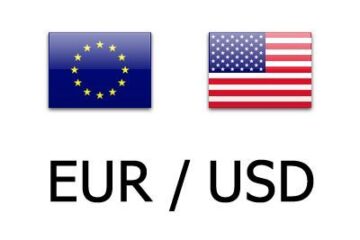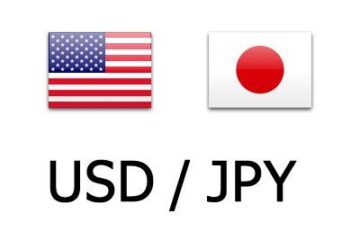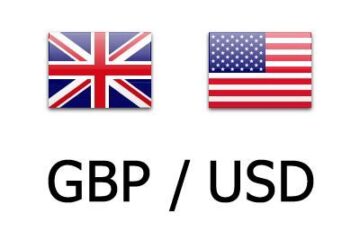A new law requires third-party payment networks like Venmo and CashApp to report commercial payments of more than $600 a year.
Now that a new IRS reporting rule for third-party payment networks like PayPal ( (PYPL) – Get PayPal Holdings, Inc. Report)-owned Venmo and Square ( (SQ) – Get Square, Inc. Class A Report)-owned CashApp has come into effect, many regular users are wondering what that means for their split bills or monthly transfer to kids in college.
Changes, What Changes?
The move can certainly send panic shivers down the spine: the tax code change requires the platforms to report anyone who has more than $600 in commercial payments a year. (Prior to Jan. 1, that only applied to those who had more than 200 commercial transactions exceeding $20,000 annually.)
But the key factor to note is that this rule only applies to commercial transactions — split drinks, cash gifts to family or the money your friend loaned you when you forgot your wallet are all personal and do not fall under this category.
What Does This Mean For My Business?
That said, anyone who uses apps like Venmo or CashApp to sell goods or receive payment for their work should be aware of the changes — for those who follow the rules, the change should only be a technicality since most countries already require citizens to report all of their income.
That said, it is important to select the appropriate commercial or personal category for each transaction you make — a mistake can lead to a higher tax bill or inconsistencies with your declaration later.
“Users should select Goods and Services whenever they are sending money to another user to purchase an item, like a couch from a local ad listing or concert tickets, or paying for a service,” PayPal said in a statement about the changes.


